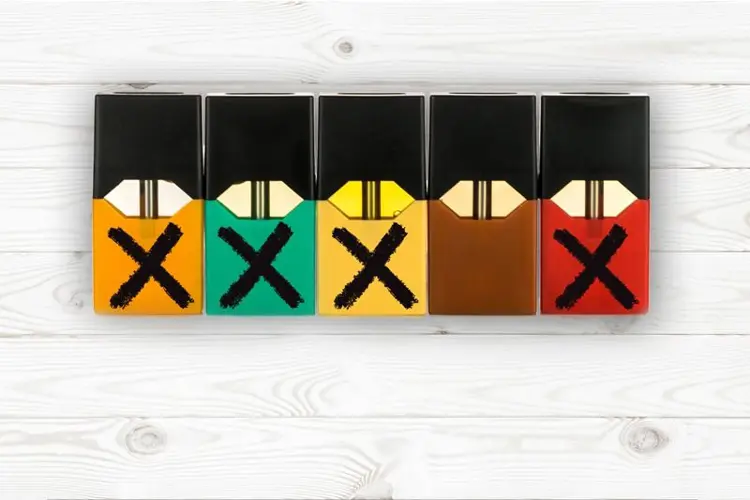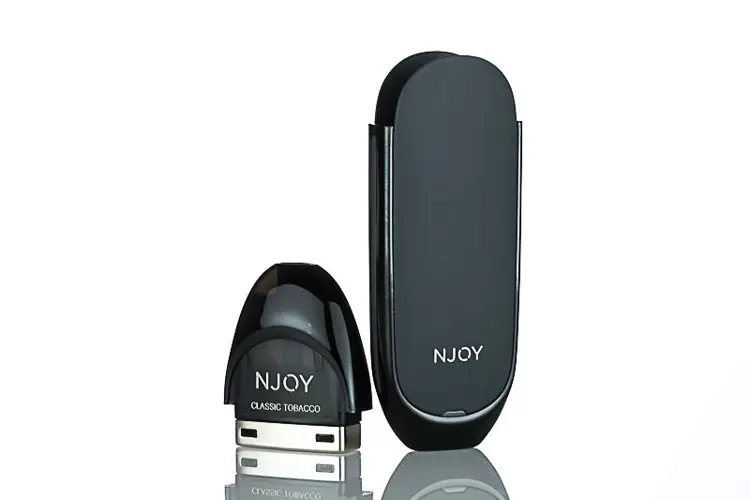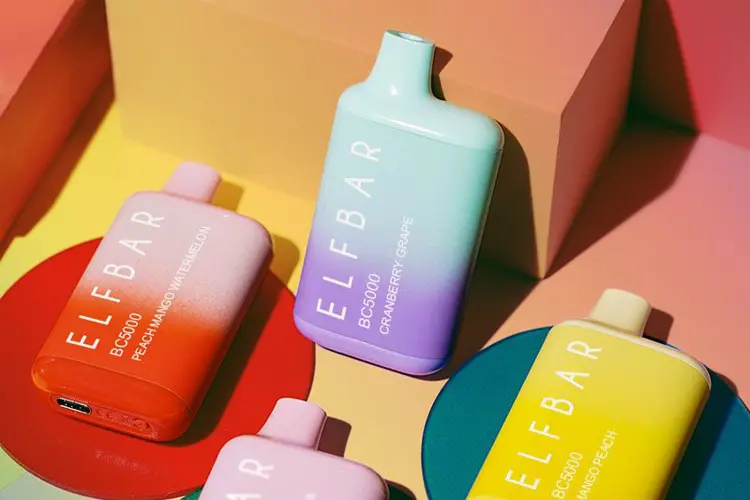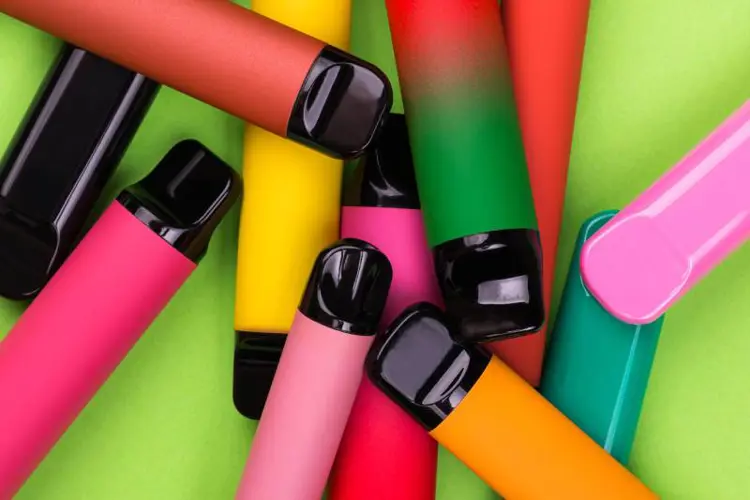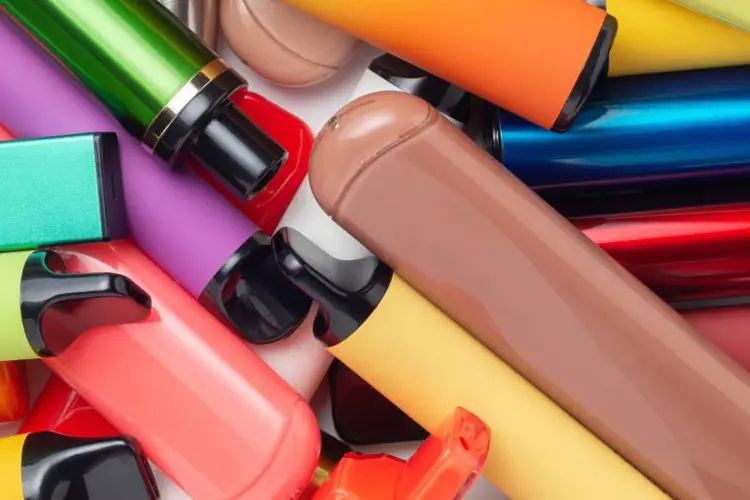JUUL Labs has filed a patent complaint against 24 individuals and businesses, alleging infringement and asking the International Trade Commission to bar the products from being imported or sold in the United States. All 24 entities make, sell or distribute JUUL-compatible pods.
JUUL has also filed “mirror lawsuits” in 10 U.S. district courts, according to Bloomberg. Those federal suits were filed in Camden, NJ; New Haven, CT; Wilmington, DE; Rochester, NY; Chicago, IL; Denver, CO; Minnesota; and three cities in Florida.
In addition to claiming patent infringement by the 24 respondents, JUUL Labs alleges that all of the products named in the complaint were introduced to the market in 2018, which makes them subject to FDA action. New products introduced after Aug. 8, 2016 are required by the FDA’s Deeming Rule to go through premarket review before they can be sold. No vapor product manufacturer has yet submitted a premarket tobacco application (PMTA), including JUUL Labs.
JUUL voluntarily removed its mango, fruit and creme (brulee) flavors from the retail market in response to the FDA’s threats
The JUUL complaint also alleges that the respondents’ products are filled with e-liquid in China, which JUUL suggests means shoddy manufacturing standards and possibly unsanitary conditions. Factories and labs in China have manufactured e-cigarettes and vaping products for more than a decade, mostly with high standards. And so far there are no FDA manufacturing standards regulations for e-cigarettes.
These are the products and businesses named in the complaint:
- X Pods - United Wholesale LLC (Glastonbury, CT); Saddam Aburoumi (Manchester, CT)
- Loon Pods - Maduro Distributors, Inc (Maplewood, MN)
- Iced Pods - DripTip Vapes LLC (Plantation, FL); Ziip Lab S.A. (Uruguay); Ziip Lab Co. (China), Ltd.; Shenzhen Yibo Technology Co., Ltd. (China)
- Atom Pods - Drip Tip Vapes LLC
- ViV Pods - Vapor 4 Life Holdings, Inc. (Northbrook, IL); DripTip Vapes LLC
- Airbender ZPods - Vaperz LLC (Frankfurt, IL); Ziip Lab S.A.; Ziip Lab Co., Ltd.; Shenzhen Yibo Technology Co., Ltd.; Drip Tip Vapes LLC; The ZFO (Spencerport, NY); The Electric Tobacconist, LLC (Boulder, CO)
- JC01 Pods - Shenzhen OVNS Technology Co., Ltd. (China); MistHub, LLC (Buffalo Grove, IL); The ZFO; Lan & Mike International Trading Inc. (Torrance, CA — doing business as VaporDNA)
- Q Pods - Vaportronix, LLC (Aventura, FL); The ZFO
- Fuma/Fumo Pods - Fuma Vapor, Inc. (Des Plaines, IL); The ZFO
- Zalt Pods - Vape4U LLC (Montclair, CA); The ZFO
- Magic Mist Pods - ParallelDirect LLC (Lincolnshire, IL)
- J Pods/Ref Pods - Shenzhen Haka Flavor Technology Co., Ltd. (Chna); Shenzhen OCIGA Technology Co., Ltd. (China); Lizard Juice, LLC (Largo, FL)
- Blankz Pods - The Electric Tobacconist, LLC; Lan & Mike International Trading Inc (VaporDNA)
- Edge Pods - The ZFO; The Electric Tobacconist, LLC
- 5-Star/Universal Pods - Sarvasva LLC (Maple Shade, NJ — doing business as One Stop Food Mart)
- Sex Pods - Noah Dovberg (Daytona Beach, FL - doing business as sexvapor.co)
- Sea100 Pods - Twist Vapor Franchising, LLC (Tampa, FL); The ZFO
Selling JUUL-compatible pods is apparently an industry unto itself. Several of the respondents are named in conjunction with multiple products. The ZFO is alleged to be connected to the manufacture or sale of seven different pod products. Drip Tip Vapes is connected to four of the cited pods, and The Electric Tobacconist three. Four of the other companies are associated with two different products.
This is the second such complaint filed by JUUL Labs. In October, JUUL filed a similar patent infringement action against 18 different manufacturers, distributors and retailers for selling pods and devices similar to the JUUL, or compatible with the JUUL device and pods. At least one of those companies, Myle Vape Inc., recently announced it would no longer sell its products in the U.S. Myle makes a pod device that is not JUUL-compatible.
Some of the retailers cited in the new complaint were still selling products named in JUUL’s legal actions as of Nov. 25.
JUUL’s flavor problem
The patent complaint also alleges that some of the respondents sell e-liquid flavors that are intended to specifically attract youth sales. The concern over flavors is featured prominently in JUUL’s public announcement of the legal actions.
“And in contrast to [JUUL Labs’] simple, adult-oriented flavors such as Mango and Virginia Tobacco, many of the Respondents sell cartridges in a variety of flavors having obvious, if not deliberate, youth appeal, such as ‘Pink Frosted Yellow Cakes,’ ‘Berry Lemonade,’ and ‘Green Apple Candy’,” says the JUUL legal complaint.
Of course, while JUUL’s PR department may be clueless, the company’s founders are well aware that simple flavors like lemonade and apple candy were popularized in the early days of e-liquid development, when vapers began experimenting with food (and candy) flavorings. There is nothing particularly “child-appealing” about candy flavors — or fruit, or desserts. Many adult vapers prefer them.
JUUL voluntarily removed its mango, fruit and creme (brulee) flavors from the retail market in response to the FDA’s threats.
JUUL’s last patent complaint made the same assertion, and the company has made similar claims in its response to the FDA’s demand it take steps to stem youth JUUL use. In JUUL’s “action plan,” the company noted that “we do not sell flavors like Gummy Bear or Cotton Candy, which are clearly targeted to kids.”
JUUL voluntarily removed its mango, fruit and creme (brulee) flavors from the retail market in response to the FDA’s threats. There is no reason for the vaping giant to encourage the popular belief that flavored e-liquid is “marketed to kids,” except to further poison the atmosphere in the national vaping debate, and disadvantage their legitimate open-system competitors.
Attacking flavors made by small businesses owned by ex-smokers only serves to make even more enemies for JUUL Labs, a company that shouldn’t be going out of its way to turn friends into foes at this point. Many independent vaping companies would like to see JUUL as an industry leader, but the wealthy vape manufacturer doesn’t seem interested in encouraging the success of any vaping products except its own.
The Freemax REXA PRO and REXA SMART are highly advanced pod vapes, offering seemingly endless features, beautiful touchscreens, and new DUOMAX pods.
The OXVA XLIM Pro 2 DNA is powered by a custom-made Evolv DNA chipset, offering a Replay function and dry hit protection. Read our review to find out more.
The SKE Bar is a 2 mL replaceable pod vape with a 500 mAh battery, a 1.2-ohm mesh coil, and 35 flavors to choose from in 2% nicotine.
Because of declining cigarette sales, state governments in the U.S. and countries around the world are looking to vapor products as a new source of tax revenue.
The legal age to buy e-cigarettes and other vaping products varies around the world. The United States recently changed the legal minimum sales age to 21.
A list of vaping product flavor bans and online sales bans in the United States, and sales and possession bans in other countries.

